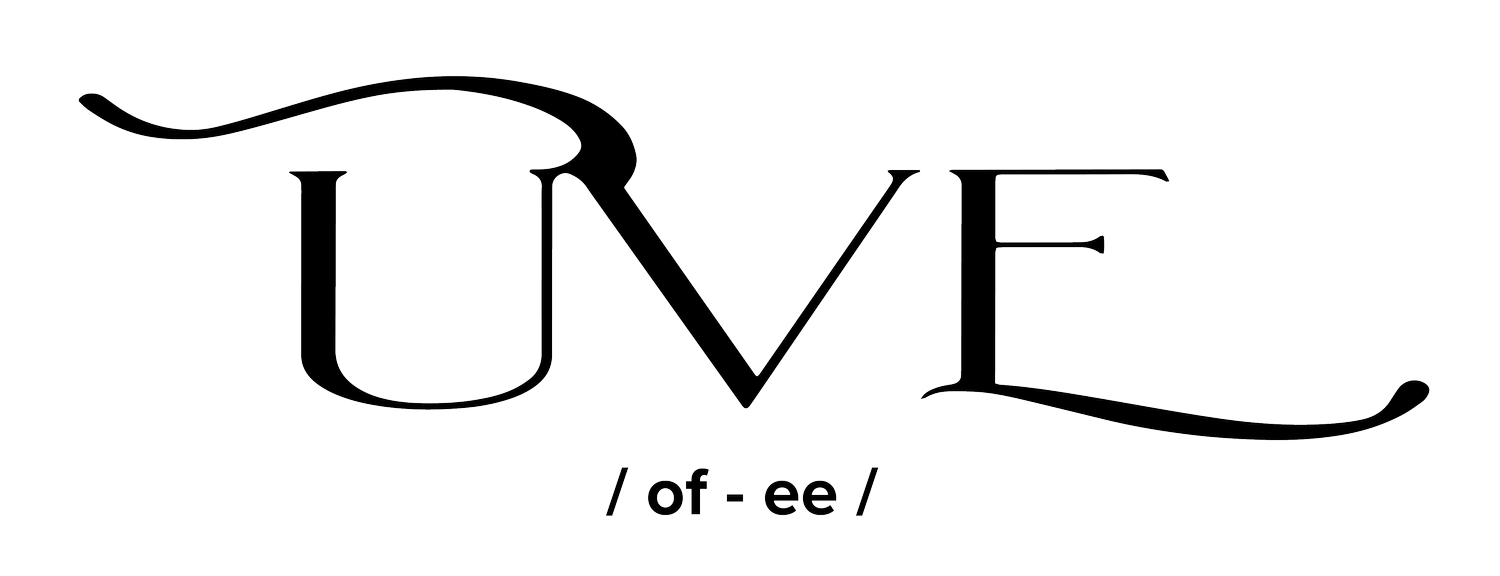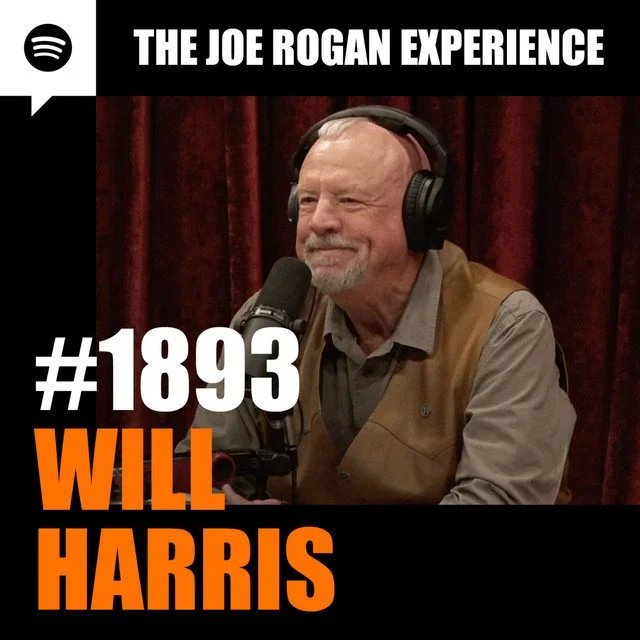The Broken Promises of Best Practices
Dear Friends,
I often get asked this question: "What are the best practices for starting a regenerative farm? There is so much information, I don't know where to start. I feel overwhelmed."
After receiving so many questions like this, I should be better at crafting a meaningful answer, but I still pause and wonder where to start. Because, basically, best practices don't exist. Maybe I don't want to disappoint people. It is perhaps that same sadness that comes when your children find out that the tooth fairy isn't real.
But we must have this conversation because searching for best practices is like "trying to find a black cat in a dark room, that isn't there," quoting my dear friend Paul Zorner (as he described the quest to measure carbon).
The first time I was asked to develop a set of best practices, it was the late 2000s and I was a young professional working for a large media company. It was a very traditionally structured company, and whatever the C-suite said, went. So the COO said we needed to have a set of best practices for newsrooms publishing digital media and I remember the immediate sense of imposter syndrome. Who was I to say what was best? BEST. And yet, I had to deliver. I felt if I didn't, I would lose my job.
When we are creating best practices, we immediately assume a posture of telling, instead of asking. We are not wondering, we are not curious, and we are not observing. We are in get-it-done mode. Just implement these things, and all will be well.
It was hard enough to develop a meaningful and authentic, and at least useful, set of best practices for digital content in newsrooms, it is even more absurd to attempt this in agriculture.
The reason is that we ignore the holistic context. We ignore complexity. Best practices are reductionist thinking and we need to think holistically if we are going to move our lives, our land, and our planet in a regenerative direction.
So I never blame or shame for asking this question. I wish it were so, actually. I wish that we could simply complete a list of certain things, and all would be well. But instead, I start asking questions. Our work is about inquiry, conversation, decision-making, and relationships. All of this is enduring work. It is about journeying together, not handing out answers.
"Let curiosity replace judgment," is my mantra (thank you, Gabor Maté). I explain that we teach and offer a decision-making framework, a set of planning procedures that help you develop your own best practices for your own unique life.
With Holistic Management, we are each our own COO. We know our land and lives better than anyone else. We are our own experts. I am not an expert. I am not a teacher of best practices. I am at most a guide, and a mirror, reflecting back to you the amazing being you already are, and all you already know.
You are the expert you have been waiting for.
Do you get asked this question, my friends?
How do you answer?
With love,
Abbey


